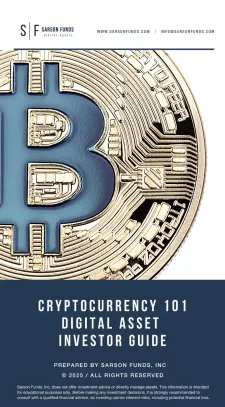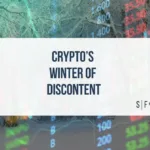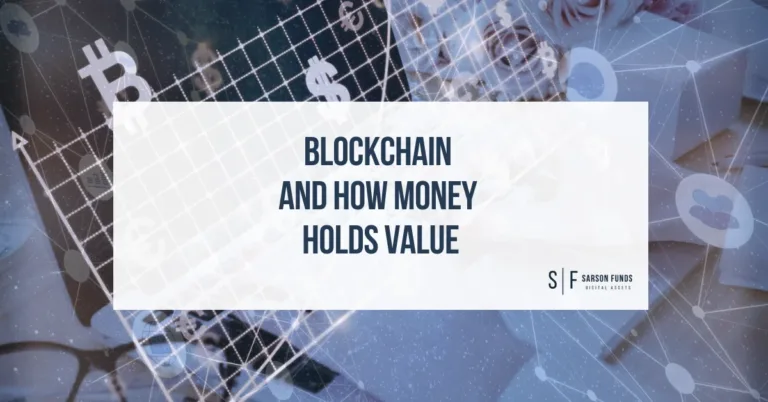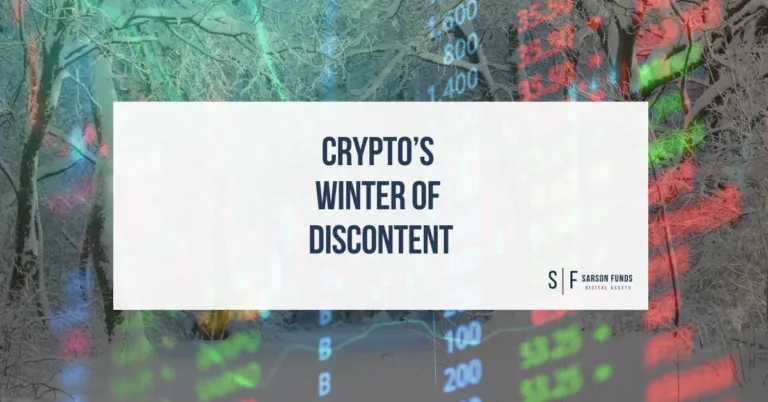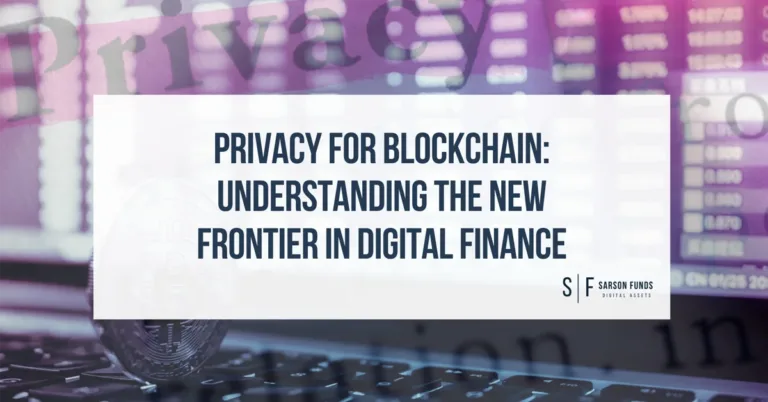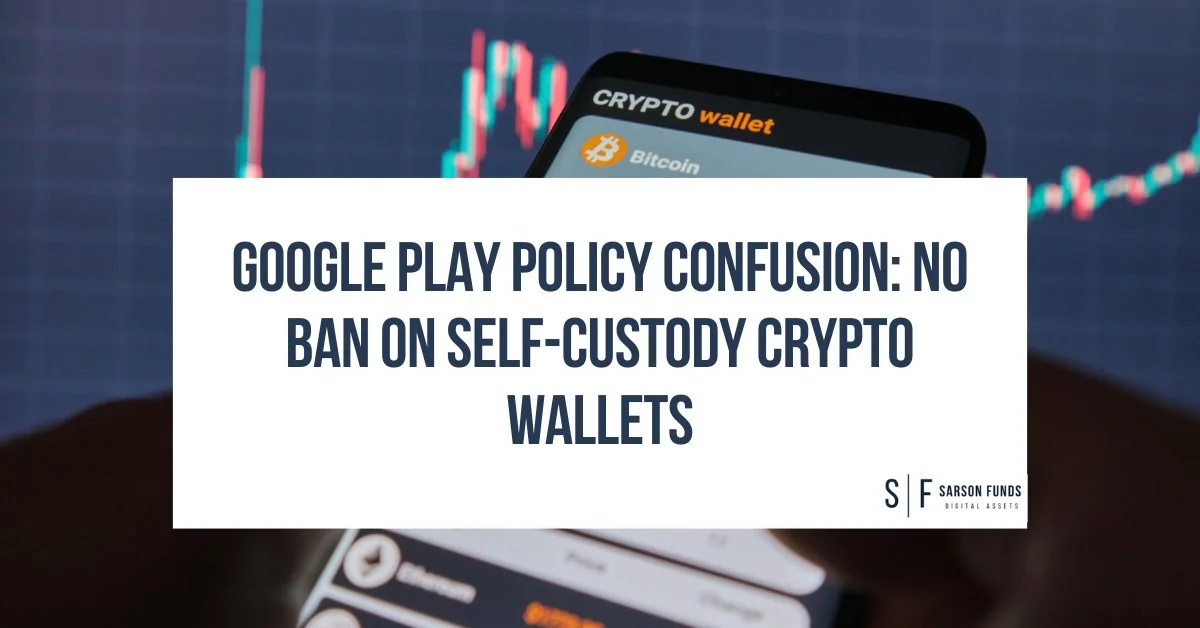
Recent headlines and social media posts sparked confusion about whether “unregistered” crypto wallets were being banned, with many users fearing their non-custodial wallets might be removed from app stores. The rumors gained traction after Google Play Store updated its financial services policy in August 2025, initially appearing to require licenses for all crypto wallet apps, including those where users control their own keys.
Following community backlash, Google clarified that the policy applies only to custodial exchanges and custodial wallet apps in certain jurisdictions, not to self-custody wallets. This is a platform policy clarification, not a change in U.S. or EU regulations. (Source: FXStreet)
What “registration” really means
In the United States, custodial wallet providers and cryptocurrency exchanges typically must register as Money Services Businesses (MSBs) with the Financial Crimes Enforcement Network (FinCEN) and comply with Know Your Customer (KYC), anti-money laundering (AML), sanctions, and the Travel Rule. Self-custody wallets that do not hold user funds are not subject to these MSB obligations.
In the European Union, the Markets in Crypto-Assets Regulation (MiCA) and the AML package require Crypto-Asset Service Providers (CASPs) to obtain authorization and conduct customer due diligence. Again, these obligations target service providers, not individuals controlling their own private keys.
Self-custody vs. custodial wallets
| Feature | Custodial Wallet | Self-Custody Wallet |
|---|---|---|
| Control of Private Keys | No | Yes |
| Provider Holds Your Assets | Yes | No |
| Requires Licensing/Registration | Yes | No |
| Vulnerable to App Store Policy Changes | Yes | No |
-
-
Self-custody (non-custodial) wallets: The user controls the private keys, and the wallet provider never takes possession of the assets. These are generally not considered financial intermediaries and typically do not require licensing or registration.
-
Custodial wallets: A company holds assets on behalf of the user, making it a regulated financial service. These businesses must register or obtain licenses, follow KYC/AML rules, and comply with reporting requirements.
-
The Travel Rule and unhosted wallets
Under the Financial Action Task Force’s Travel Rule, regulated financial institutions and exchanges must collect and transmit certain sender and recipient information for cryptocurrency transfers above defined thresholds. When interacting with unhosted (self-custody) wallets, they may perform additional checks. These requirements apply to the service provider, not the personal wallet. Owning or using a self-custody wallet is not prohibited.
About the app store policy confusion
The initial Google Play policy update was interpreted by some crypto news sites and social media users as a blanket ban on unlicensed wallets. The confusion arose because the policy’s early wording did not clearly distinguish between custodial and non-custodial wallets. Google has since confirmed that self-custody wallets remain permitted in the Play Store, provided they comply with standard app listing rules.
It’s important to note that app store policies are private platform rules, not government bans. They affect whether a wallet can be downloaded from an app store, not whether it is legal to use.
Examples of unaffected self-custody wallets
These popular non-custodial wallets, where users control their own keys, are generally outside custodial licensing and registration requirements:
MetaMask, Trust Wallet, Phantom, Coinbase Wallet (self-custody app), Ledger Live, Trezor Suite, Exodus, Uniswap Wallet, Rainbow, Argent, OKX Web3 Wallet (self-custody module), Keplr, Rabby, Safe, Electrum, BlueWallet (self-custody mode), Sparrow Wallet, Muun, Nami, and Solflare.
This list is illustrative, not exhaustive. Some brands operate both custodial and non-custodial products, so users should confirm which type they are using.
Practical guidance
-
-
If you use a self-custody wallet: No registration is required. Keep your software or firmware updated and follow best practices for seed phrase and key security.
-
If you operate a custodial service: Expect licensing and compliance obligations, including KYC/AML, the Travel Rule, and sanctions screening.
-
If you publish a wallet app: Review app store-specific policies for listing requirements and ensure your app is accurately classified.
-
Bottom line
The recent “unregistered wallet ban” rumors trace back to misinterpretations of Google Play’s updated financial services policy, not to new government regulations. Self-custody wallets remain legal and unaffected in the United States, the European Union, and most jurisdictions. Custodial wallet providers and exchanges, however, must comply with registration and licensing requirements.
Disclosures: This article is for informational purposes only and should not be considered financial, legal, tax, or investment advice. It provides general information on cryptocurrency without accounting for individual circumstances. Sarson Funds, Inc. does not offer legal, tax, or accounting advice. Readers should consult qualified professionals before making any financial decisions. Cryptocurrency investments are volatile and carry significant risk, including potential loss of principal. Past performance is not indicative of future results. The views expressed are those of the author and do not necessarily reflect those of Sarson Funds, Inc. By using this information, you agree that Sarson Funds, Inc. is not liable for any losses or damages resulting from its use.

